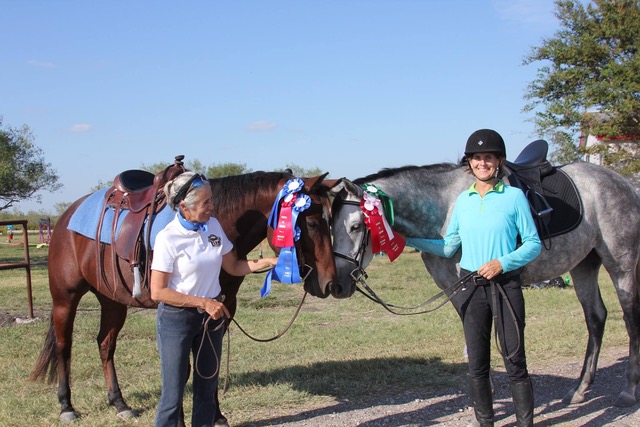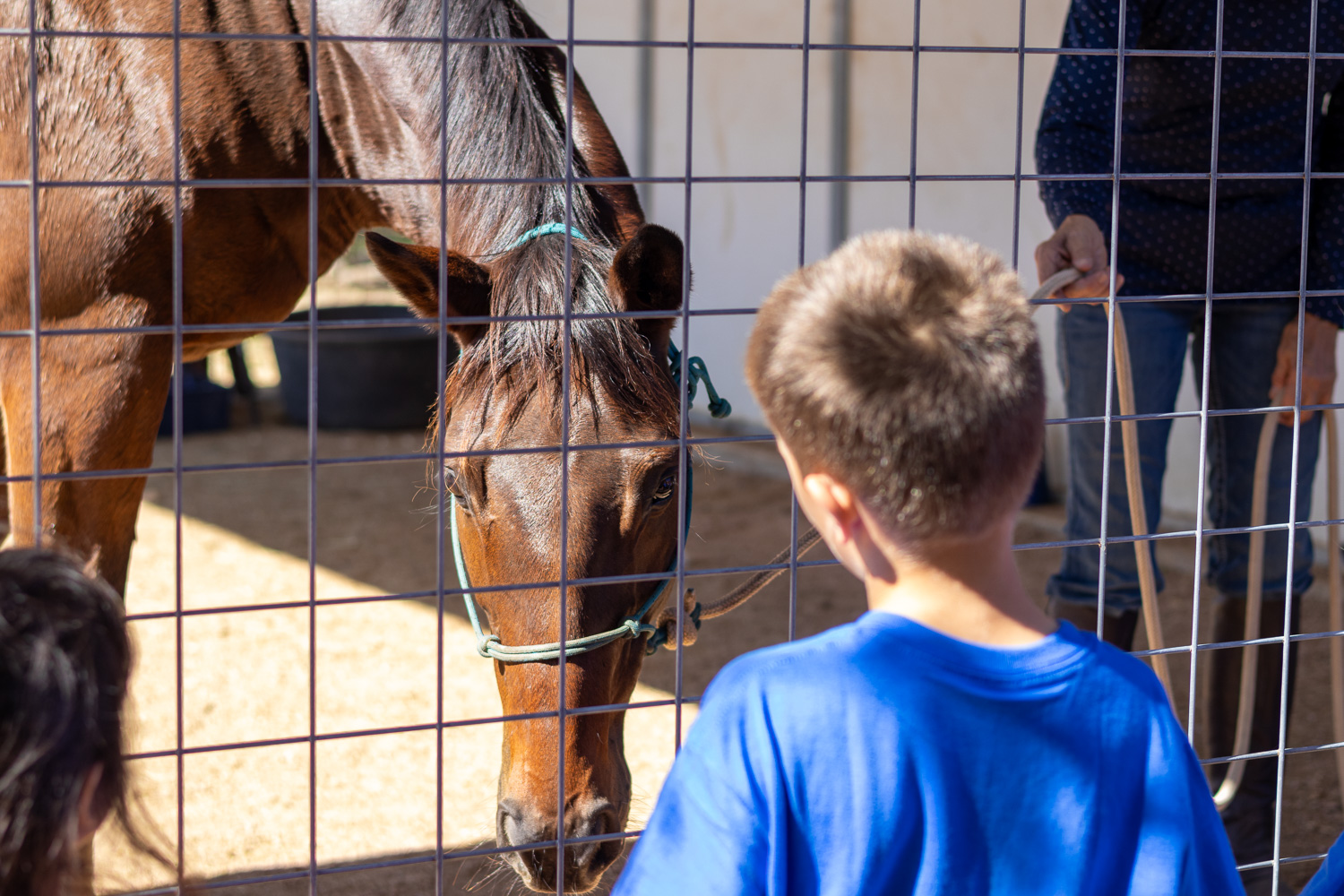A good friend and talented competitive rider once gave me some excellent advice. She told me to buy a “nice, broke” horse — so I could concentrate on riding well and maybe even competing effectively one day. A few months later, a professional trainer urged me to only ride quiet, pretty horses at clinics — so that my mounts and I would both represent the best possible image for LOPE as an organization.
Naturally, I ignored the advice from both people — even though it was well-intentioned and most likely quite wise.
During the early parts of my horsemanship journey, I sometimes envied riders who had perfectly trained, well-behaved and (usually) expensive horses.
The first horse I ever owned was an edgy, nervous mare. At the time, my fellow barn buddies tried to persuade me to buy an older, calmer horse. However, I fell in love with a deer-like, high-strung Argentine mare with wide eyes. My second horse was green, with only about a year under saddle — an obvious mismatch to an adult beginner rider in nearly every respect.
Things went downhill from there in my horse purchase record. I was inevitably drawn to troubled older horses or unschooled young TBs straight from the track. Every horse I have ever owned has fit into one of those categories — without a single exception. And very few of them have had perfect movement or exceptional talent for any particular discipline.
I often wondered if this was due to some type of weird delusion on my part — in which I secretly thought I would suddenly develop the perfect skills to ride challenging mounts easily. But I have come to realize that is not the case — and now understand why I chose these horses with such consistency.
During the early parts of my horsemanship journey, I sometimes envied riders who had perfectly trained, well-behaved and (usually) expensive horses. It seemed like it would be such a delight to go to the barn, mount a quiet, well-schooled horse and head off to the trails or show arena full of confidence that all will go smoothly.
But my envy never lasted long — and never was strong enough to prompt me to purchase such a horse for myself. Somewhere in the back of my mind, it seemed like an easy way out — after all, what challenge is there in riding the perfect horse?
I liked my offbeat, oddball horses — even if I was sometimes uncertain about my riding gaps and ability to handle these challenging mounts. My horses all had vivid personalities, lively minds and (most of all) tons of heart. Slowly (very slowly), my skills grew to better match the horses I rode. And I began to experience the quiet joy of feeling like I was actually useful to the horses (who all needed a rider they could trust to help them through their inexperience or emotionalism).
That feeling meant more to me that any blue ribbons or perfect clinic rides ever could. And while I think competitive riding is a terrific endeavor to be respected and admired, I just happen to be more interested in a different kind of riding. I truly enjoy the process of helping a horse with whatever foundation issues they may have. This type of riding asks me to be better as a rider and a horseman — plus requires equestrian detective work to figure out what each horse needs to become a confident and consistent partner. To me, that is a fascinating process that changes with each individual horse I work with.
I am by no means a perfect rider or trainer — but thanks to the equally imperfect horses I ride, I am a perpetually improving rider (and ever aspiring horseman). And while I enjoy seeing those perfectly trained, pretty horses jump, spin or piaffe, I think I will wait to ride them till another time. Maybe when I am in my eighties and finally am ready to do some serious competition work — like my new role model, Ellie Wood (shown in the photo winning the 2007 “Silverfox” competition at age ninety).






